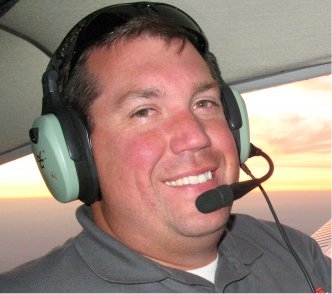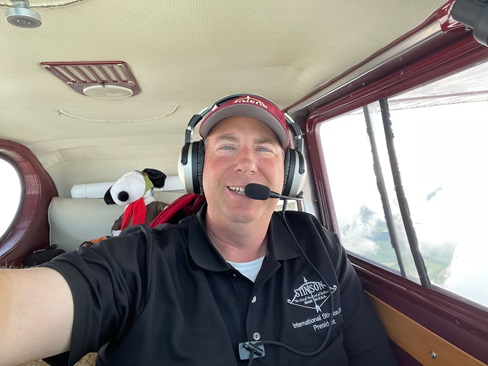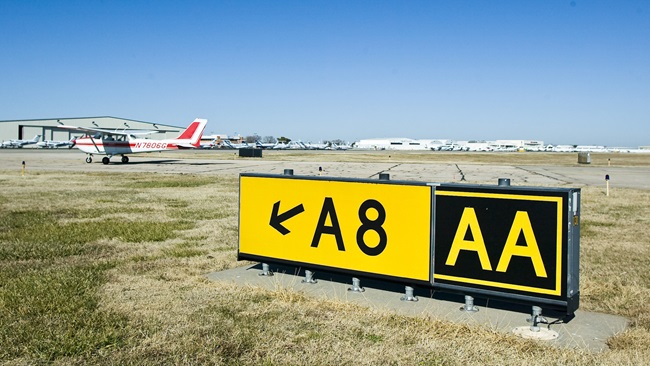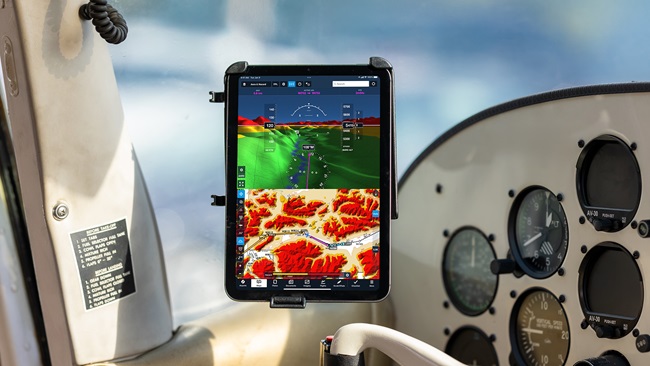Over before they started
Avoidable reasons for checkride cancellations
It’s frustrating when your customer arrives for a checkride and the designated pilot examiner says, “Nope, not today. We can’t do it.” In many cases, the student and the flight instructor get mad at the examiner for not doing the test for “little” or “trivial” reasons. Yeah, it happens; they get mad at us for not doing the test. If we take a step back and look at it from the DPE’s perspective, you may see it differently.
If an examiner shows up to conduct a practical test for which the applicant is not “qualified,” in an aircraft that is not “airworthy,” or any other reason that an examiner identifies would not meet FAA requirements, the DPE is not allowed to continue with a test. If he does, he exposes himself to potential FAA action on his examiner certificate; he jeopardizes the certificate the applicant is given (they can be taken away if an examiner did his job incorrectly); and he is exposed to liability if the applicant has an accident later and the DPE incorrectly issued the pilot certificate or rating.
So, how can you avoid this situation? We’ll look at three issues in this article, and examine three more in an upcoming edition of Flight School Business.
Send the applicant with an airworthy aircraft
To conduct a practical test, the examiner must be able to determine that the aircraft they will be using is airworthy. Seems simple, right?
In a recent conversation, a fellow examiner detailed how unhappy an instructor and applicant were with him for not continuing with a practical test in an aircraft that was “perfectly fine” and had “flown to the checkride” without any problems. The problem the examiner noted was—and I can’t make this up—the landing light on the Piper Warrior was literally hanging down the front of the cowling, only attached by the wires. The examiner identified this as an airworthiness problem, but the instructor and applicant thought it would be OK to duct-tape it back in for the test. The test did not continue.
Missing required aircraft inspections, documentation proving airworthiness directives have been completed (missing recurring ones is a common problem), and missing documents in the aircraft are common reasons that tests will not go forward.
Frequently, things identified in the qualification process for a checkride can prove the aircraft that has been used in flight training up to the day of the test was not airworthy all along. This means the student and the instructor have been flying an “illegal” aircraft. That can have real consequences for the certificates of the instructor and the applicant if they have been ignoring things that they should have noted, flying willfully in an aircraft that isn’t up to FAA requirements.
It can also have ramifications for the training aircraft provider—the entity that is renting the aircraft to the students. In a recent occurrence, I encountered an operation that was knowingly falsifying maintenance records. That situation resulted in much more FAA interaction than the business wanted
This stuff happens all the time.
It is the job of the instructor and aircraft provider to make sure that the aircraft is airworthy in all respects. If that cannot be proved—even if the aircraft is indeed airworthy, but the required paperwork is just not present—a test cannot continue.
Complete IACRA/endorsements
FAA Advisory Circular 61.65F outlines the required endorsements that must be completed for virtually all practical tests. It is amazing how many instructors don’t use the AC, and just sign off what they find in the back of the student’s logbook for a practical test. Often, this does not meet the requirements for the test.
Even if all other requirements have been met, if the applicant does not have the proper endorsements available on the day of the test, the examiner is not permitted to continue with the test.
Sure, in some cases we get lucky, and the discrepancy can be fixed on the spot. But in far too many instances, the instructor is flying with someone else, at home visiting family, or has already left the business to fly for an airline and is training 10 states away and cannot be reached on the day of the checkride. In the best of cases, this delays the test; in the worst of cases, it means a test is not going to happen.
Expired checkride qualification documents
More common in Part 141 training environments, but also to some degree common in Part 61 training, expired sign-offs or graduation certificates mean a test will not proceed.
The 90-day solo endorsement is probably the most common reason that this happens on practical tests. An applicant must be able to act as PIC on the day of the test, and if this endorsement is not current, the test can’t take place.
Part 141 training programs have graduation certificates that come with expiration dates. In many cases, they are 60 days. If this period has passed, the applicant is no longer “eligible” for the test and may even need to complete a new stage check before a new graduation certificate can be issued. These introduce obvious delays in getting a test completed, but it is surprising how many times this will not be identified until the examiner is present on the day the test is scheduled.
Take some time to make sure endorsements and/or graduation certificates are not only current on the day an applicant is signed off for a test, but that they will also be current on the day the test is conducted.
In the next installment of this article, we’ll examine incomplete aeronautical requirements, last-minute cancellations, and tardiness.
Jason Blair is a National Association of Flight Instructors master flight instructor and a designated pilot examiner.



